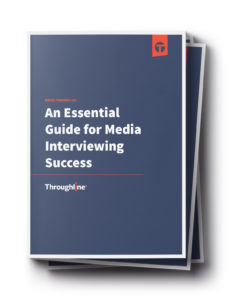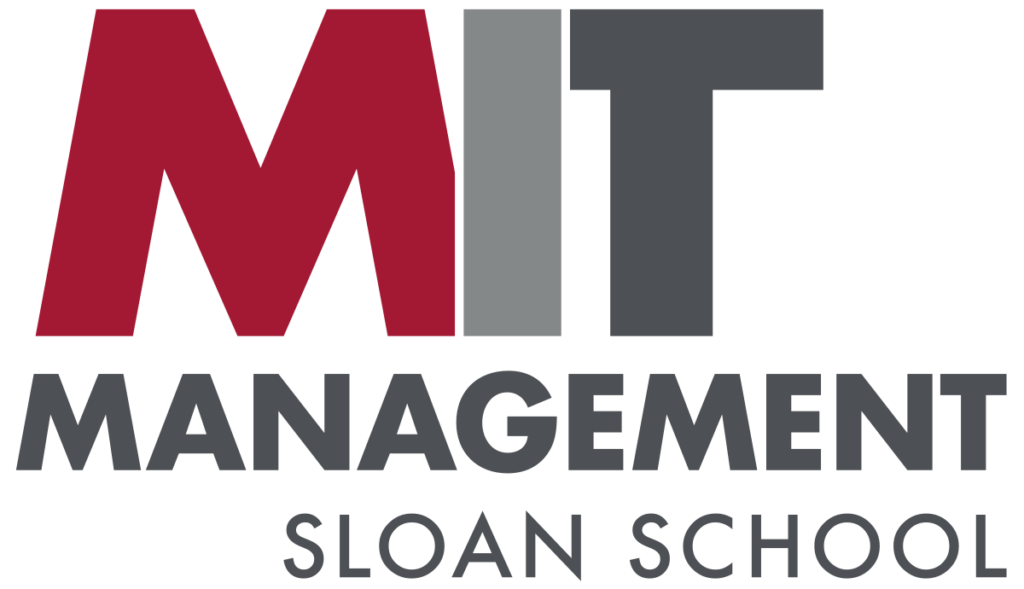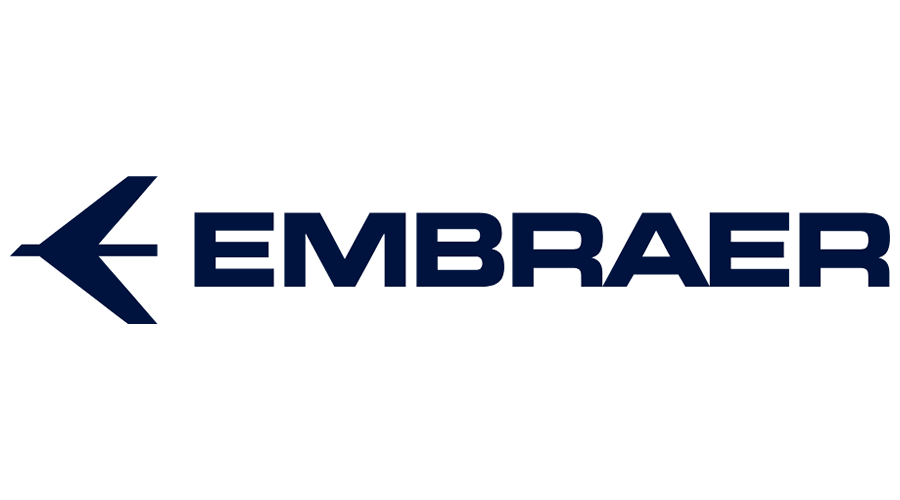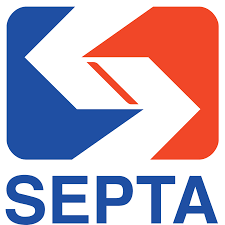Media training companies primarily work with executives, spokespersons, and subject matter experts – though training can benefit anyone who interacts with the media – to focus on their media interview techniques and nonverbal communication.
That’s because the way we communicate in everyday life doesn’t automatically translate to a two-minute live media interview or a tightly edited quote in a newspaper article or magazine feature.
Media training builds on the communication skills and talents you already have and provides you with the tools and techniques to convey your message the way you intended and to the audience that matters most to you.
Those media training tips include strategies to help you answer tough and challenging questions with poise and confidence, as well as project effective body language – which can enhance the impact of your words. These are skills that can help you to work with any medium.
During a media interview skills training, you can expect to learn how to:
- get the headlines you want
- cite data in a compelling manner
- spot (and avoid) reporters’ tricks
- identify your true target audience
- avoid a PR nightmare
- manage adversarial and hostile questioning
- tell a more compelling story
- get back on track after an off-topic question
- … and more.
The best media training workshop will focus on individualizing these strategies to your personality and approach to media interviews, so that your authenticity shines through.
When you energetically deliver a credible and memorable message that you genuinely believe in, you are more likely to connect and engage with your audience, become a “go-to” spokesperson, and reach a wider audience for the business or organization that you represent.
































